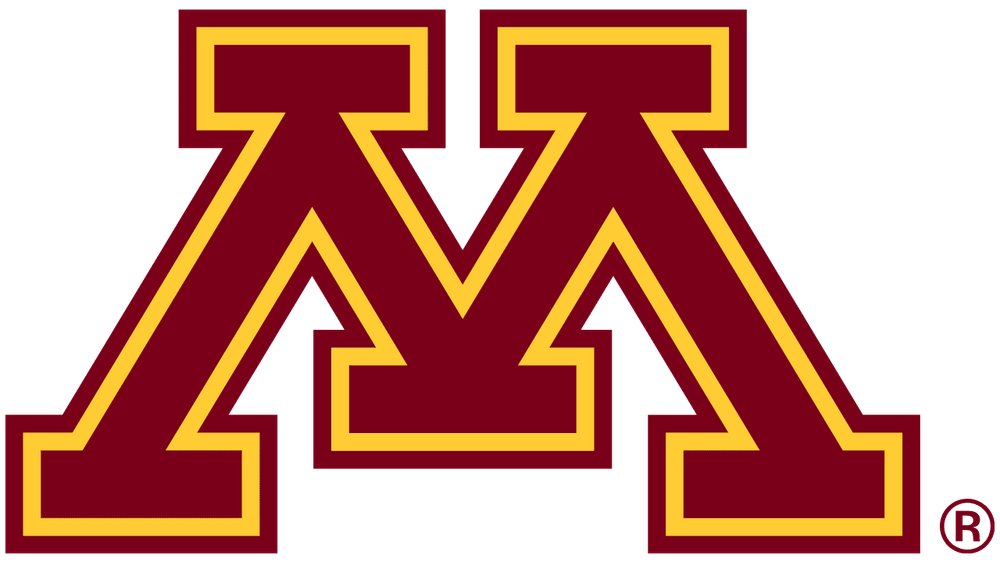MA Music Therapy at University of Minnesota

Students in our music therapy program will enter a profession that utilizes music to address non-musical goals. Our faculty and students are actively engaged in clinical research at the University's Medical Center and in the community. The Twin Cities offers a plethora of clinical sites for music therapy student experiences and research opportunities.
Music therapists who have an undergraduate degree in music therapy and are board-certified (MT-BC) can obtain a master of arts (MA) in music education—music therapy through the music therapy "post-board-certification" track.
Students who have already completed a bachelor’s degree with an emphasis other than music therapy may apply to pursue the master’s equivalency track, which includes the professional coursework required for board certification as a music therapist, as well as the master's degree curriculum. These prospective students should highlight their previous music experiences in their written application materials when applying to the music therapy program. Previous music experiences may include lessons, ensembles, number of instruments played, music coursework at the college/university level, among others. Students with bachelor's degrees that are not in music who are admitted to the program will have their music skills and knowledge individually assessed before initiating their coursework. As such, remedial coursework in voice, piano, guitar, percussion, theory, and history may be necessary for students entering the Master’s Equivalency programs. We also offer a non-master's equivalency program, which includes remedial coursework and internship hours that are required prior to taking the board certification examination.